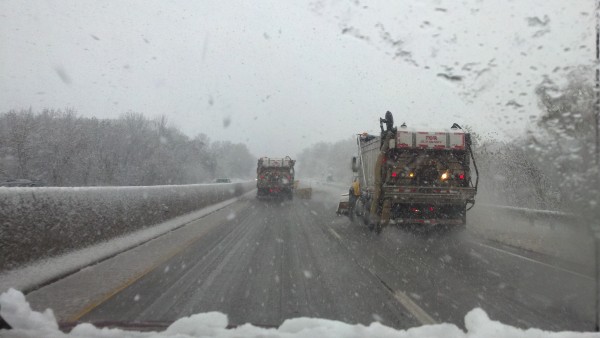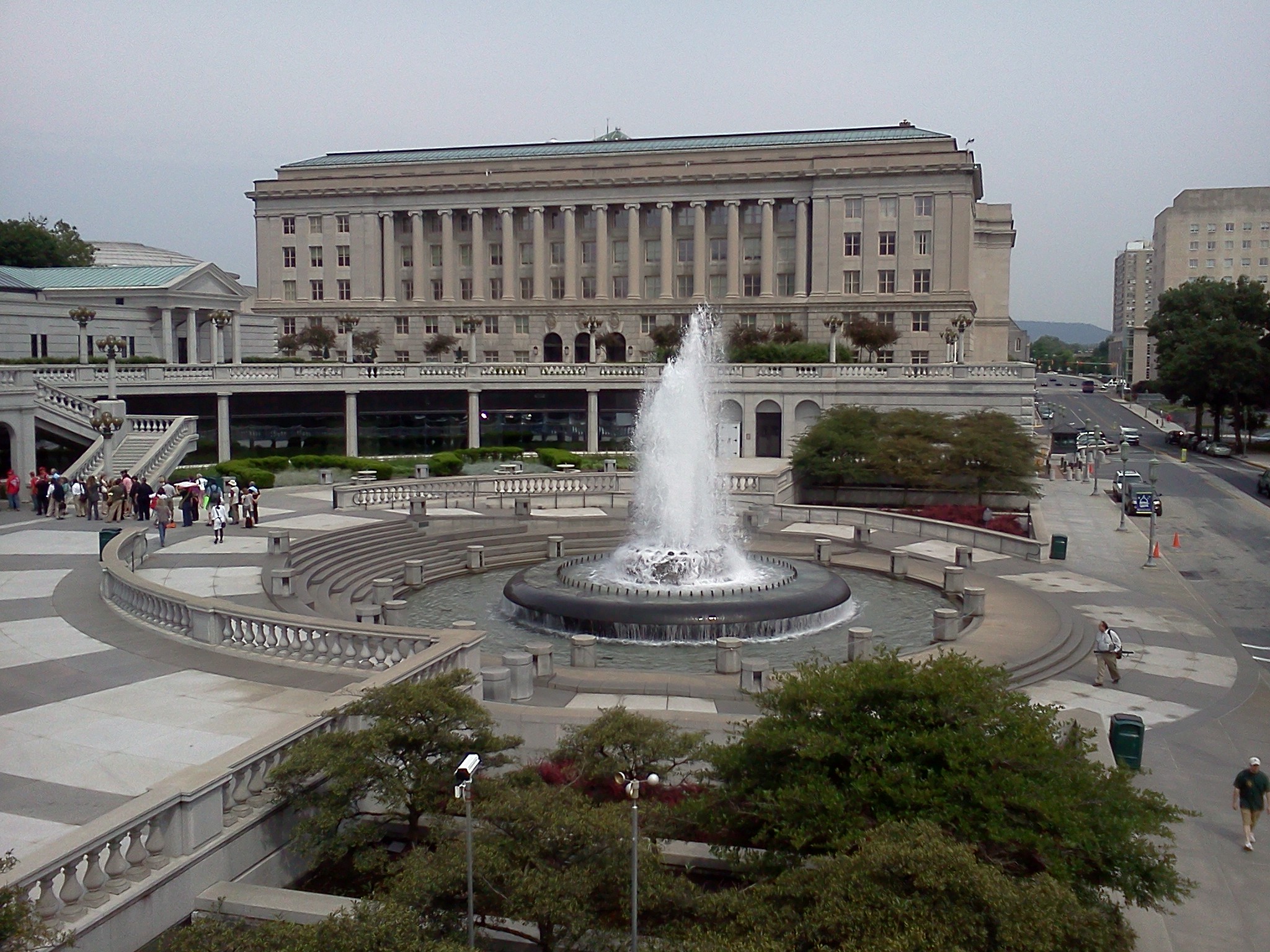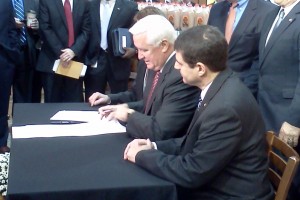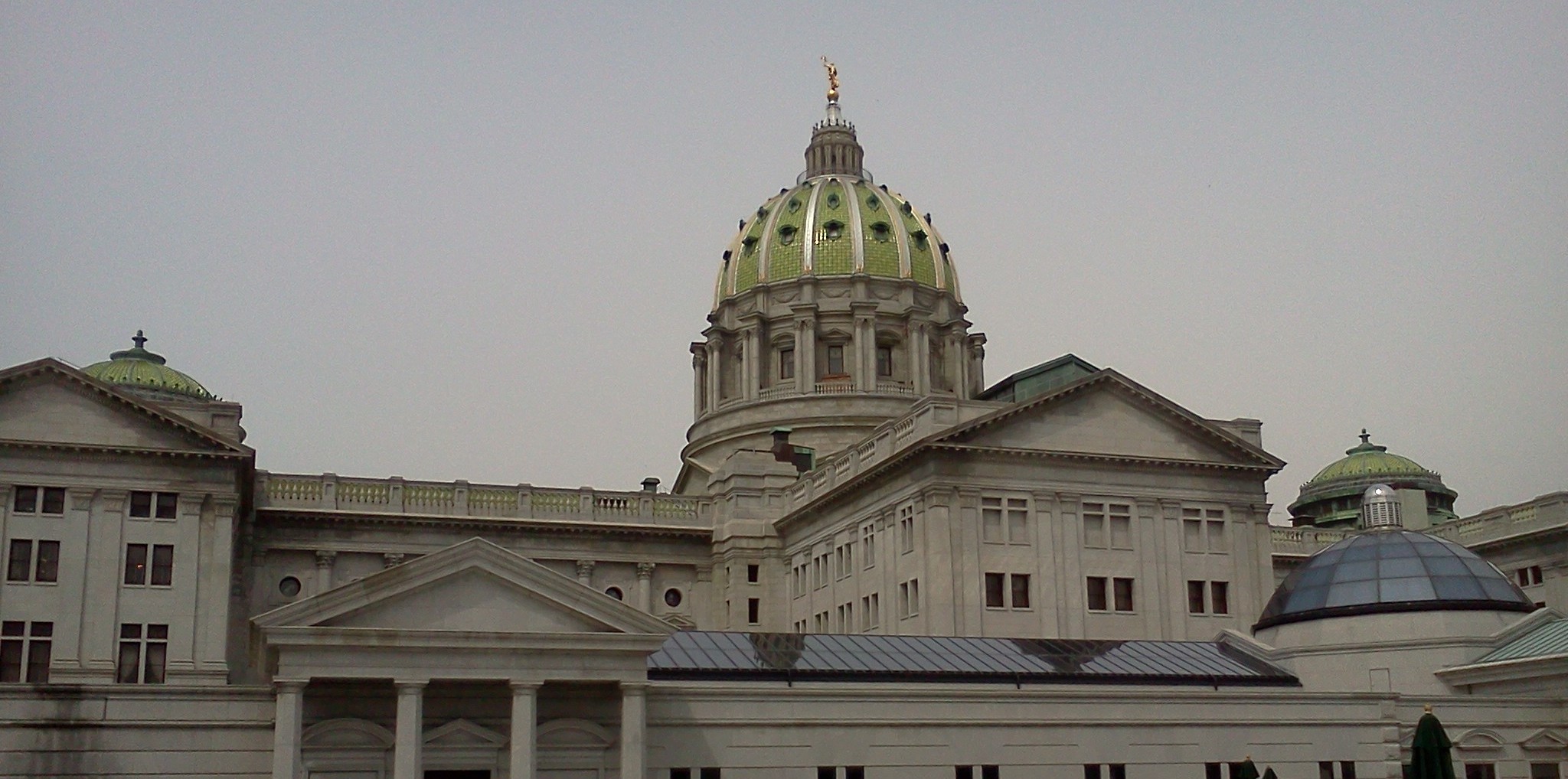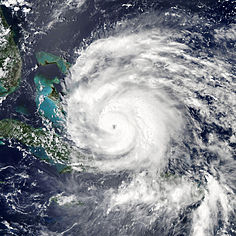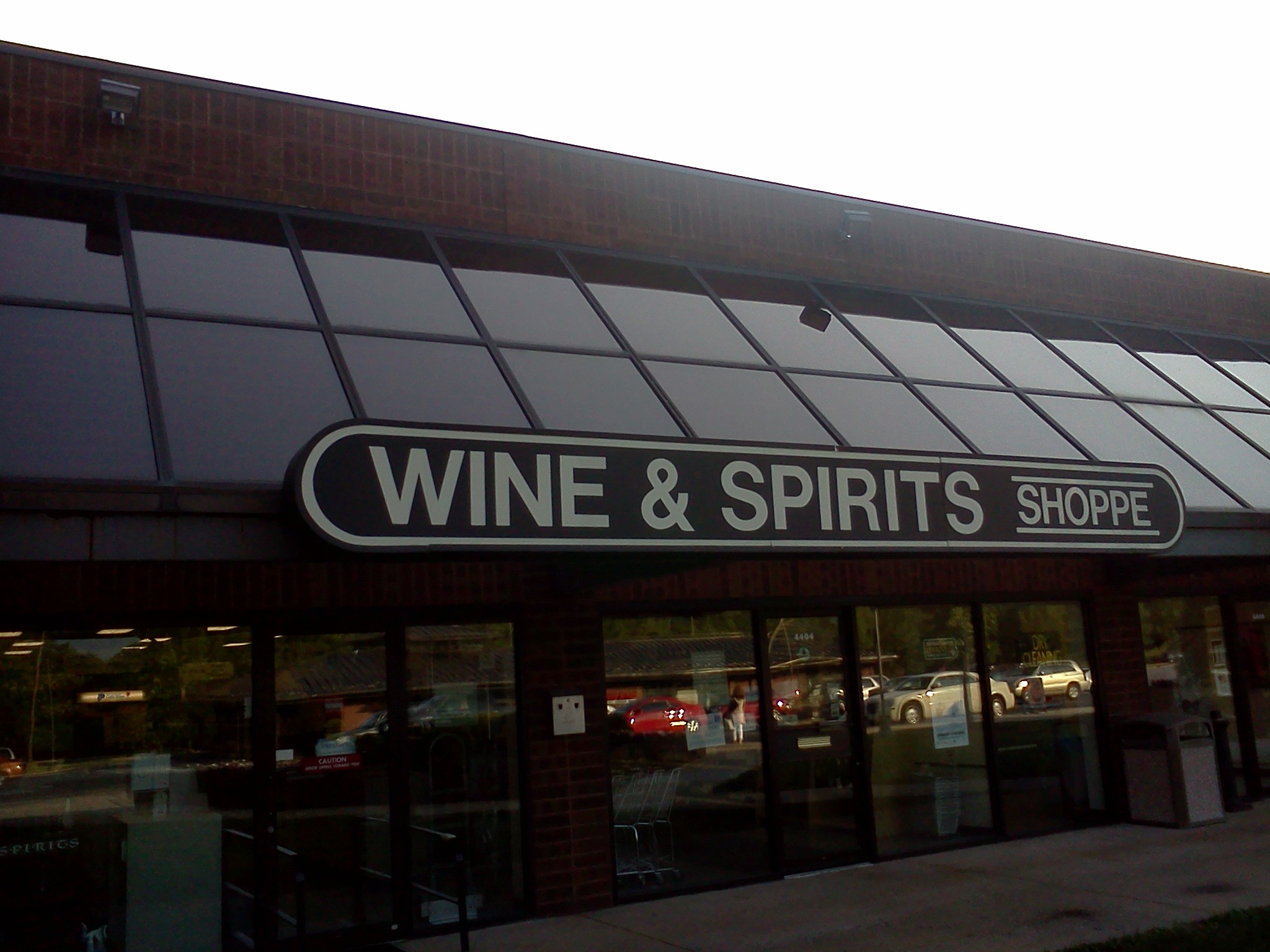Preliminary Legislative Redistricting Plan Approved Along Party Lines
A preliminary legislative redistricting plan was approved by the Legislative Reapportionment Commission on Monday. The vote was split along party lines. The approval came after a half hour recess to allow the legislative leaders time to look over each side’s final proposed maps.
The preliminary plan moves a senate district from the Pittsburgh area, now held by Senator Jim Brewster, a Democrat, to Monroe County. On the house side, it adds seats in Lehigh, Berks, Chester and York Counties while cutting districts in Erie and Philadelphia, and two in Allegheny County.
House Majority Leader Mike Turzai (R-Allegheny) says there are two current Republican seats and two current Democratic seats that would be moved, even though the population gains in the state, in the aggregate, have been significantly in Republican districts. He says the loss in population has most significantly occurred in the western part of the state.
Senate Majority Leader Dominic Pileggi (R-Delaware) says six senate districts are currently based in Allegheny County. He says combined, they’re more than 125,000 residents short of the ideal population for six senate districts., Four of them already stretch into other counties. He says the proposal moves the lowest populated district, senate district 45.
Senate Minority Leader Jay Costa (D-Allegheny) says it’s not a fair plan, and not reasonable to all citizens and to their members. He says the Republican map is not sincere; it does not follow the appropriate population numbers, the population change. He says the map also disenfranchises voters across the state and splits strong African American communities in Western Pennsylvania.
House Minority Leader Frank Dermody (D-Allegheny) called it bait and switch. He says the plan is not about fairness for the people of Pennsylvania, it’s about maintaining the Republican majority.
The commission is made up of the four leaders and State Superior Court Judge emeritus Stephen McEwen. The deciding vote in the 3-2 tally was cast by McEwen. He set a November 18th hearing date to take public input on the preliminary plan.
The plan will sit for a thirty day public comment period. A copy of the proposed new legislative district lines was to be made available at the Commission’s web site, www.redistricting.state.pa.us.
Senator Costa told Judge McEwen he hopes they’ll be provided the opportunity to continue to negotiate the reapportionment process, to further refine the plan Costa says was adopted along party lines. McEwen said he would certainly be open to further negotiation and compromise, and would be delighted to hear that negotiations had been somewhat successful.
The changes are based on 2010 census numbers for Pennsylvania.




